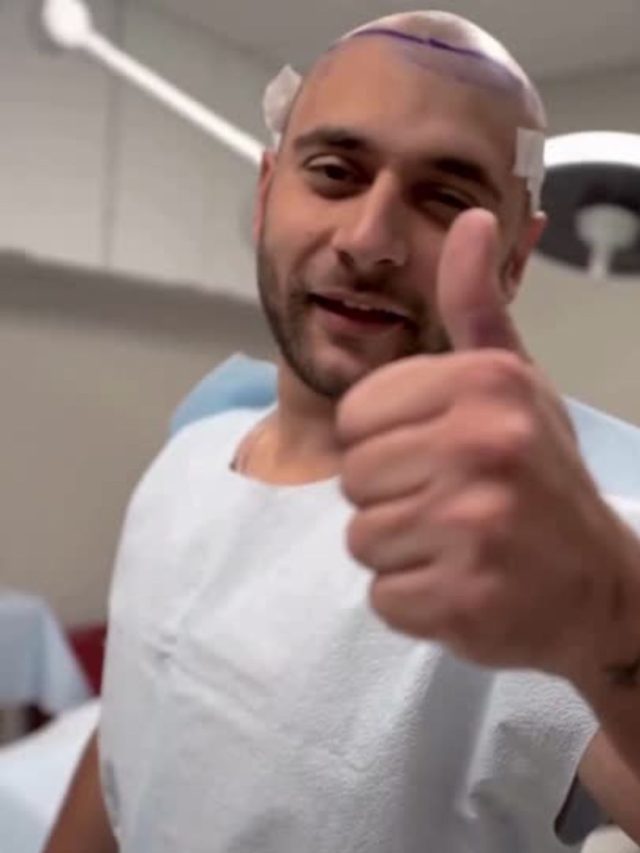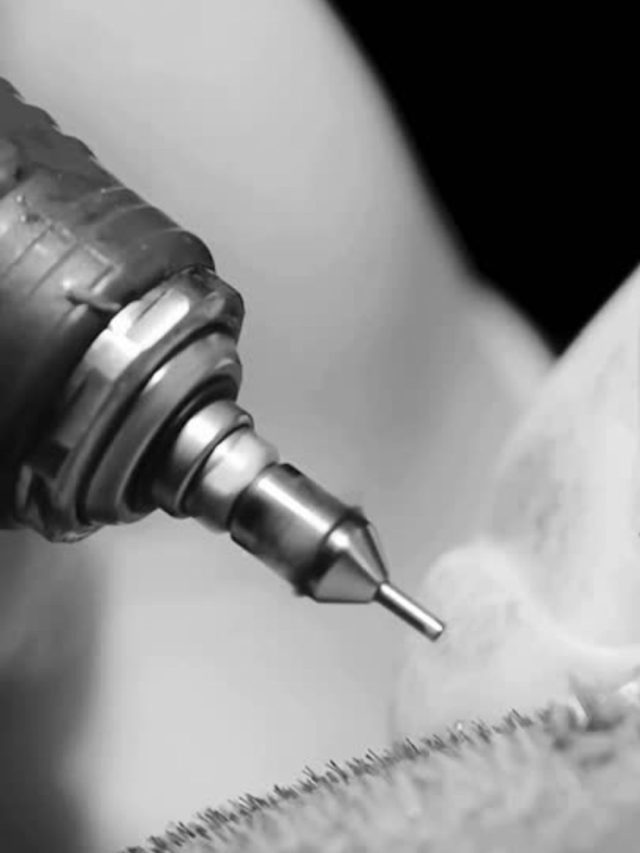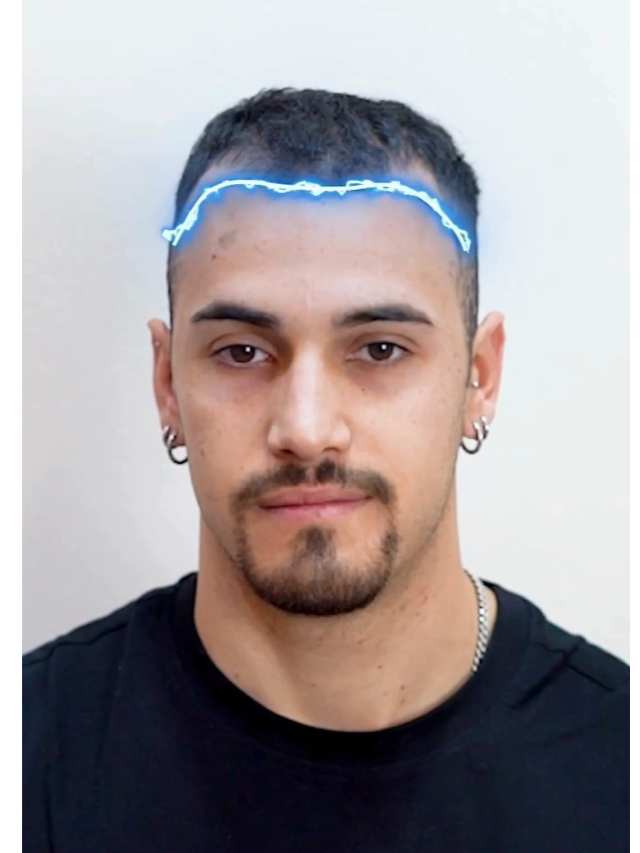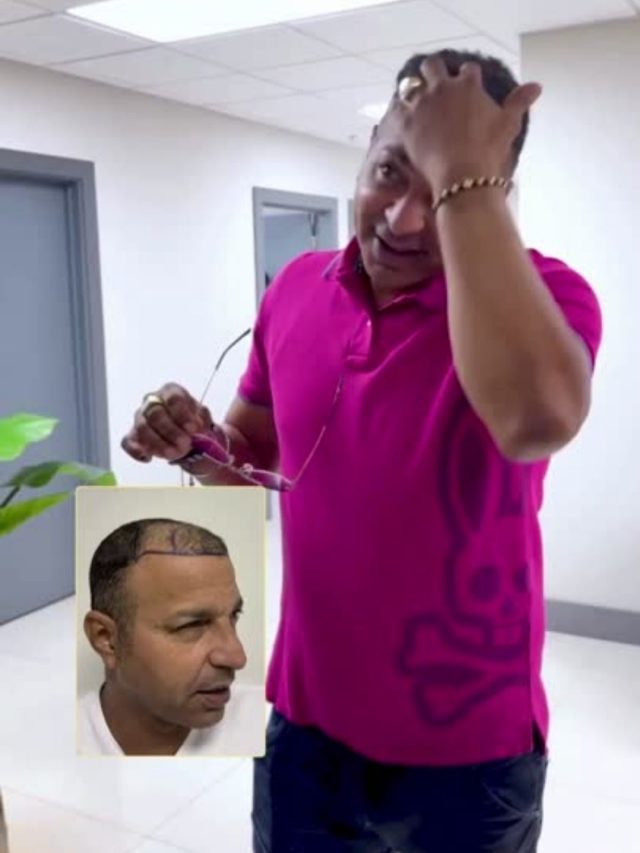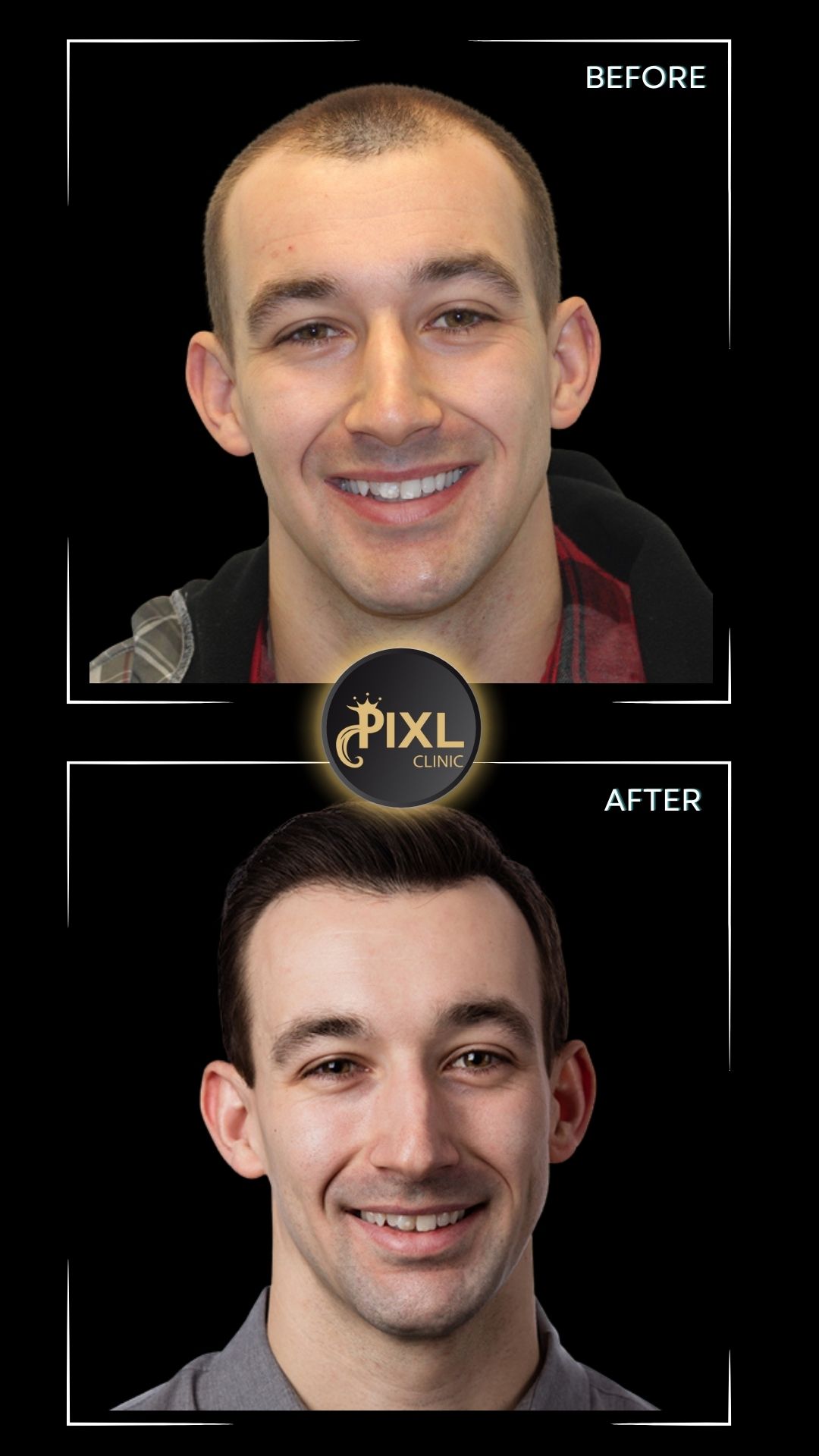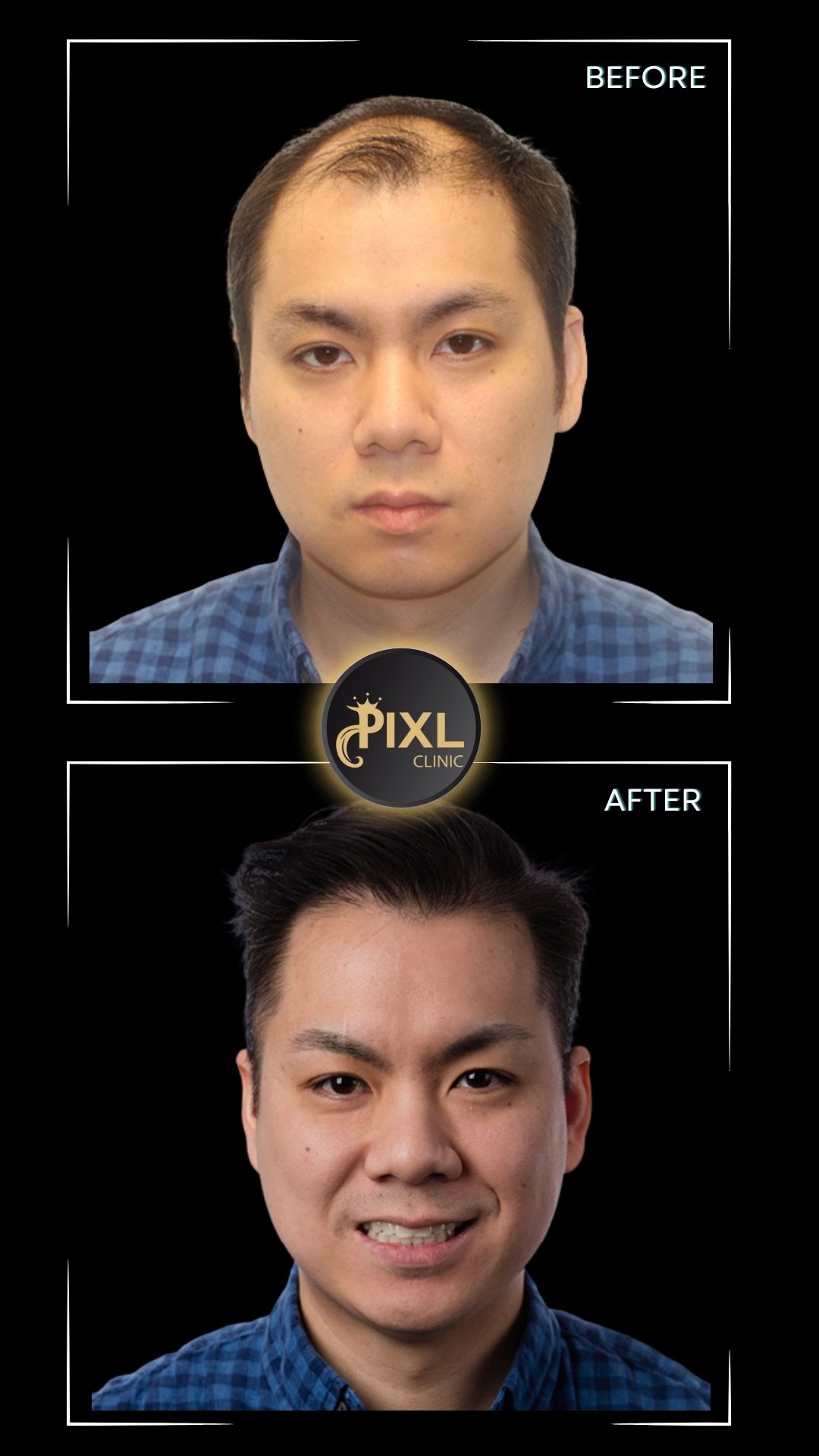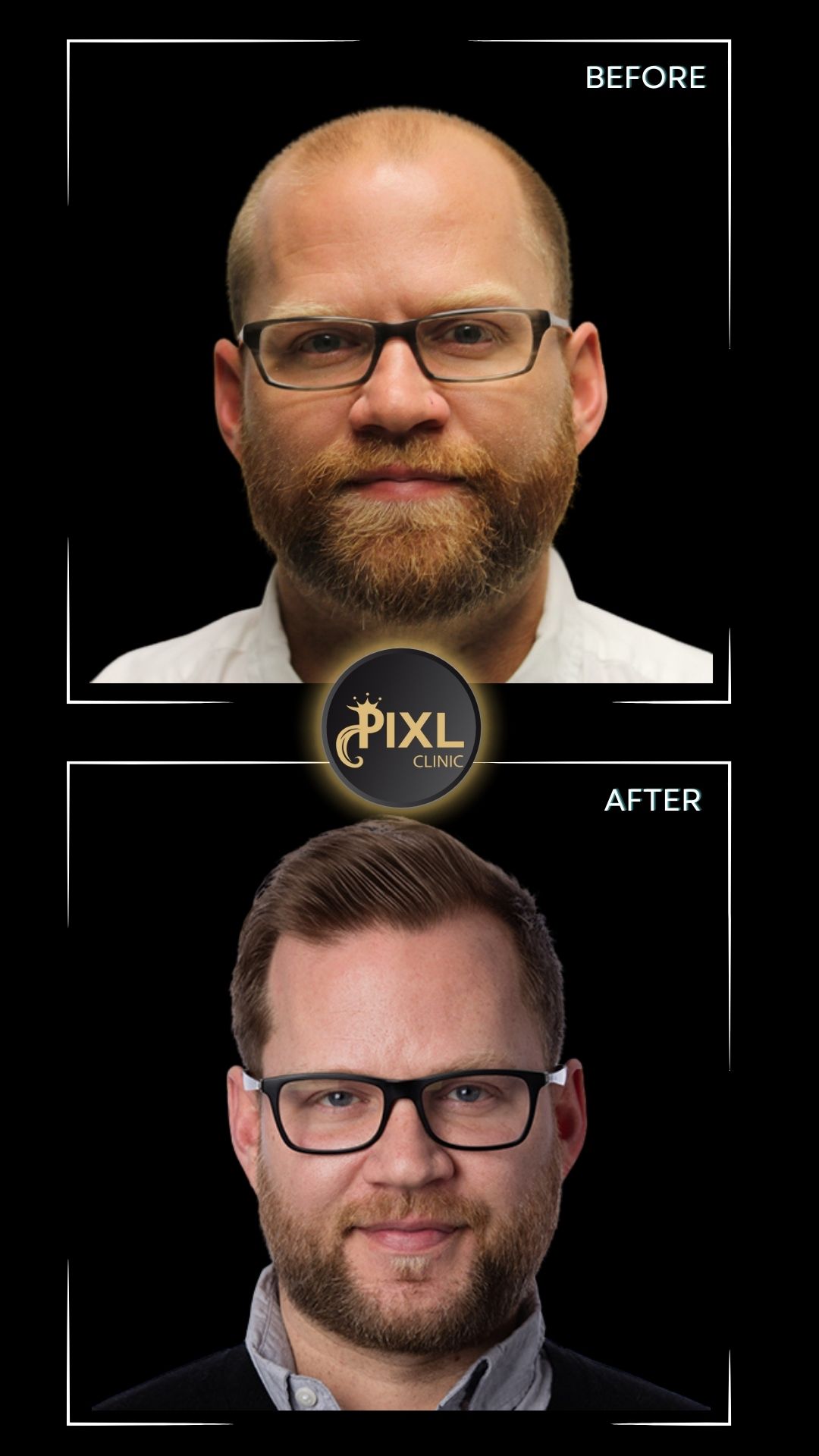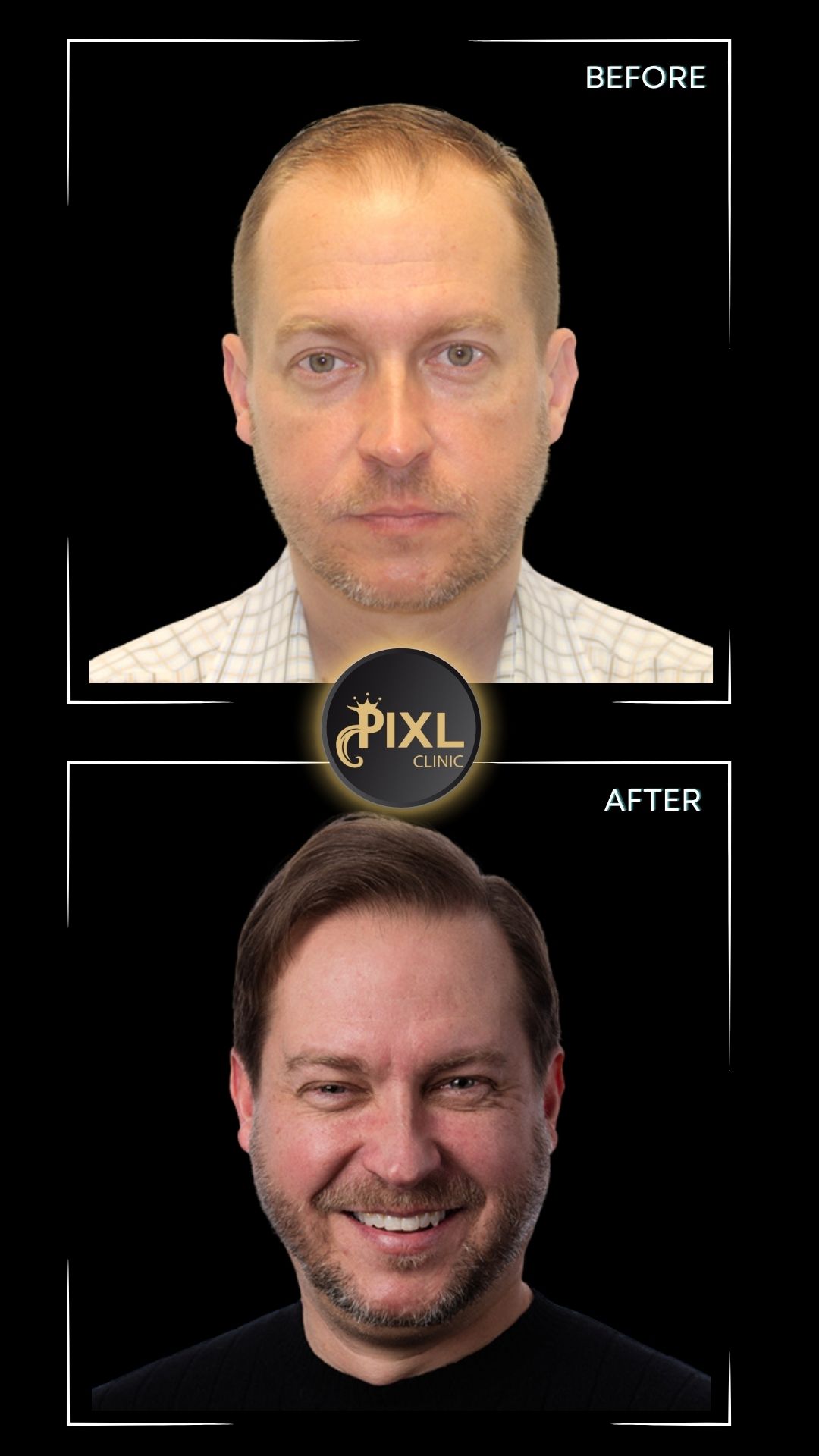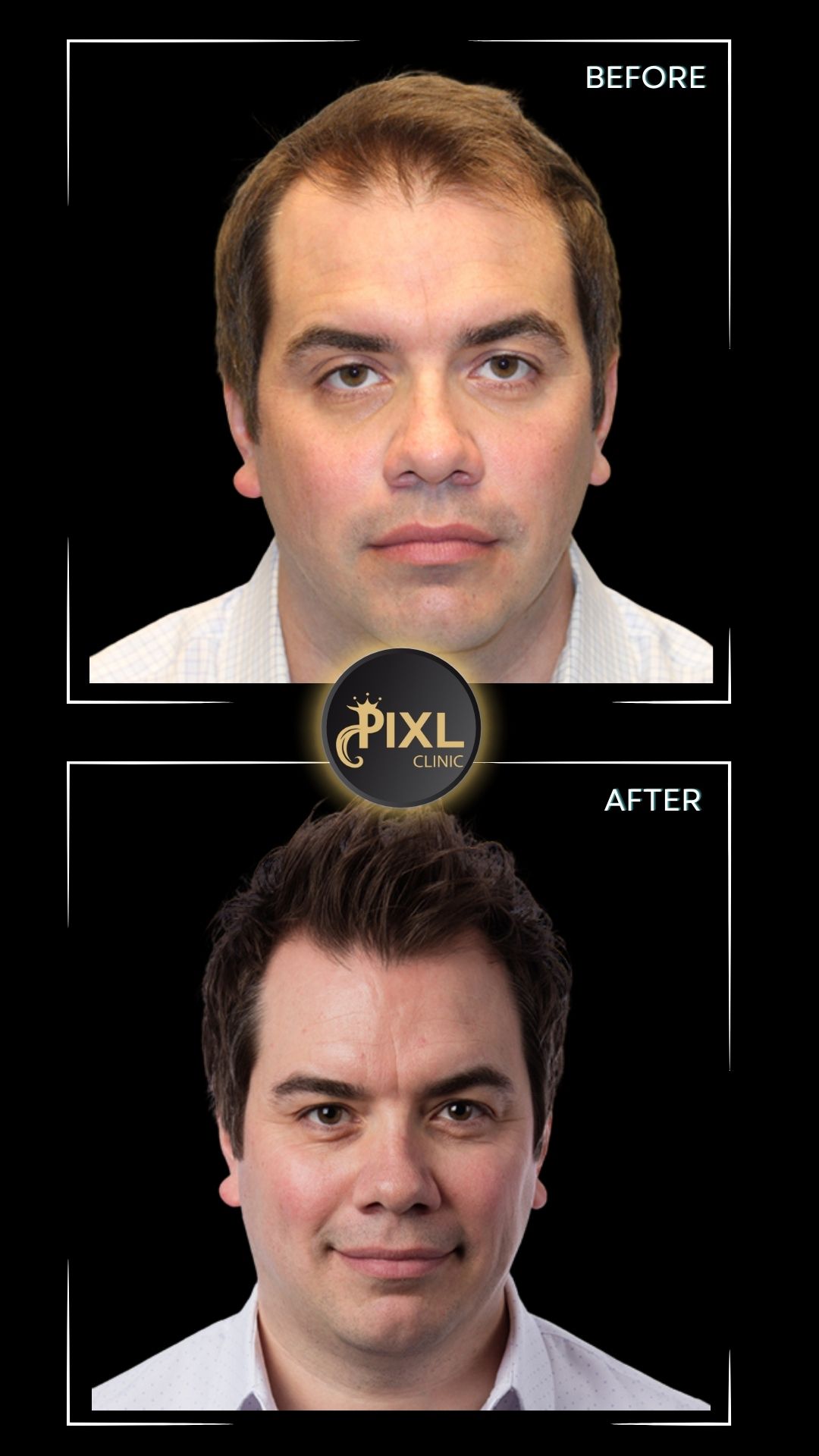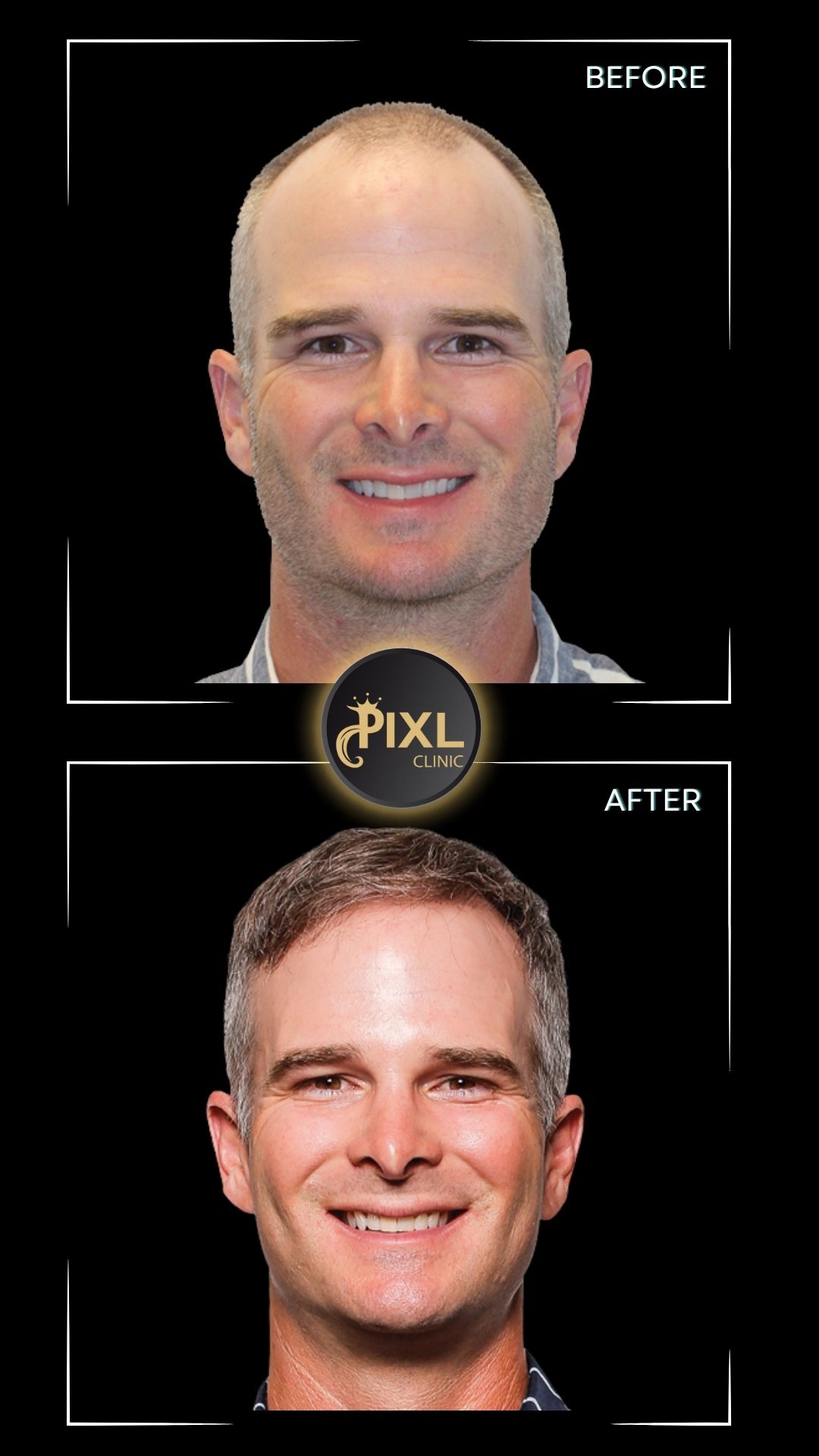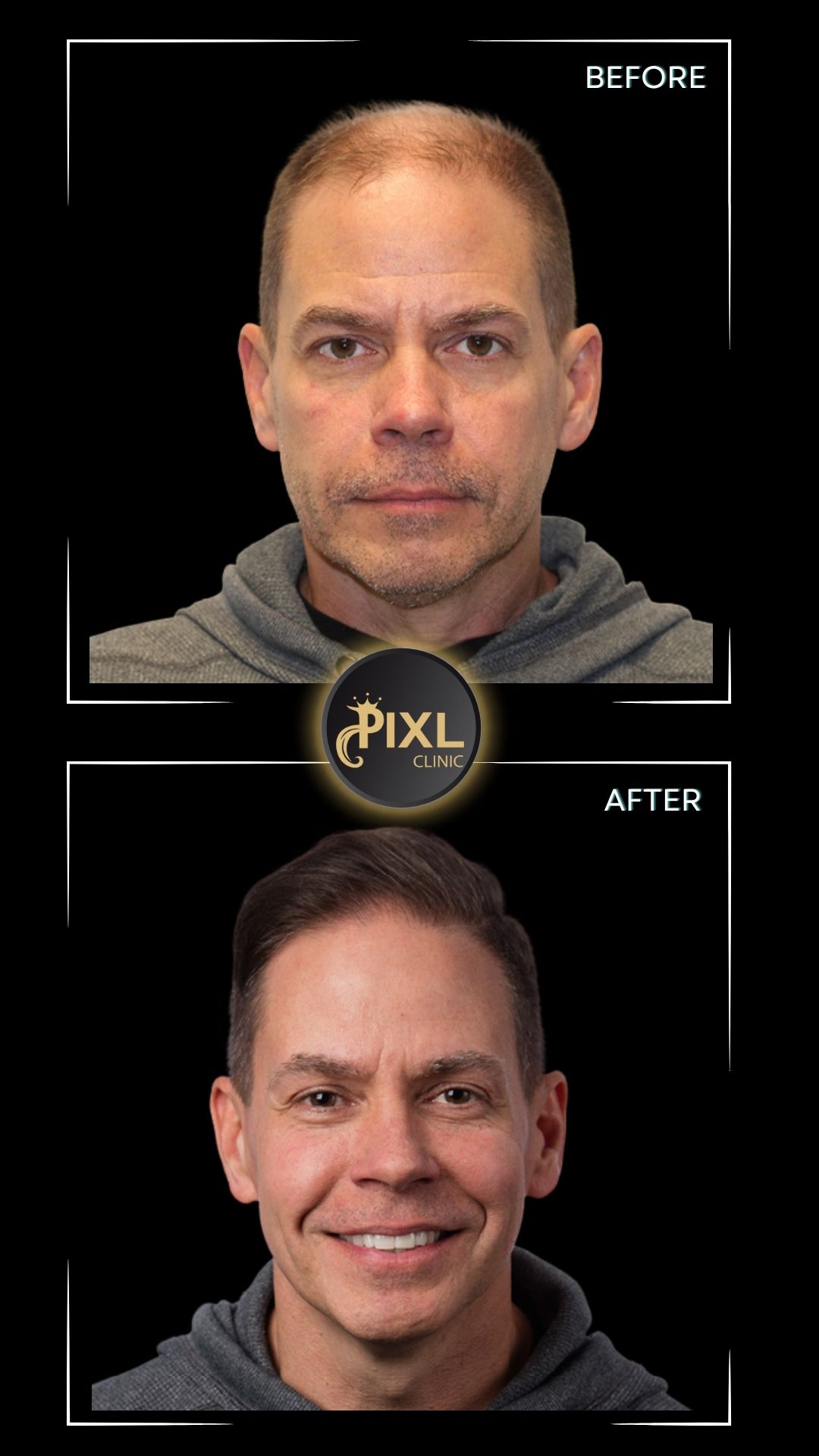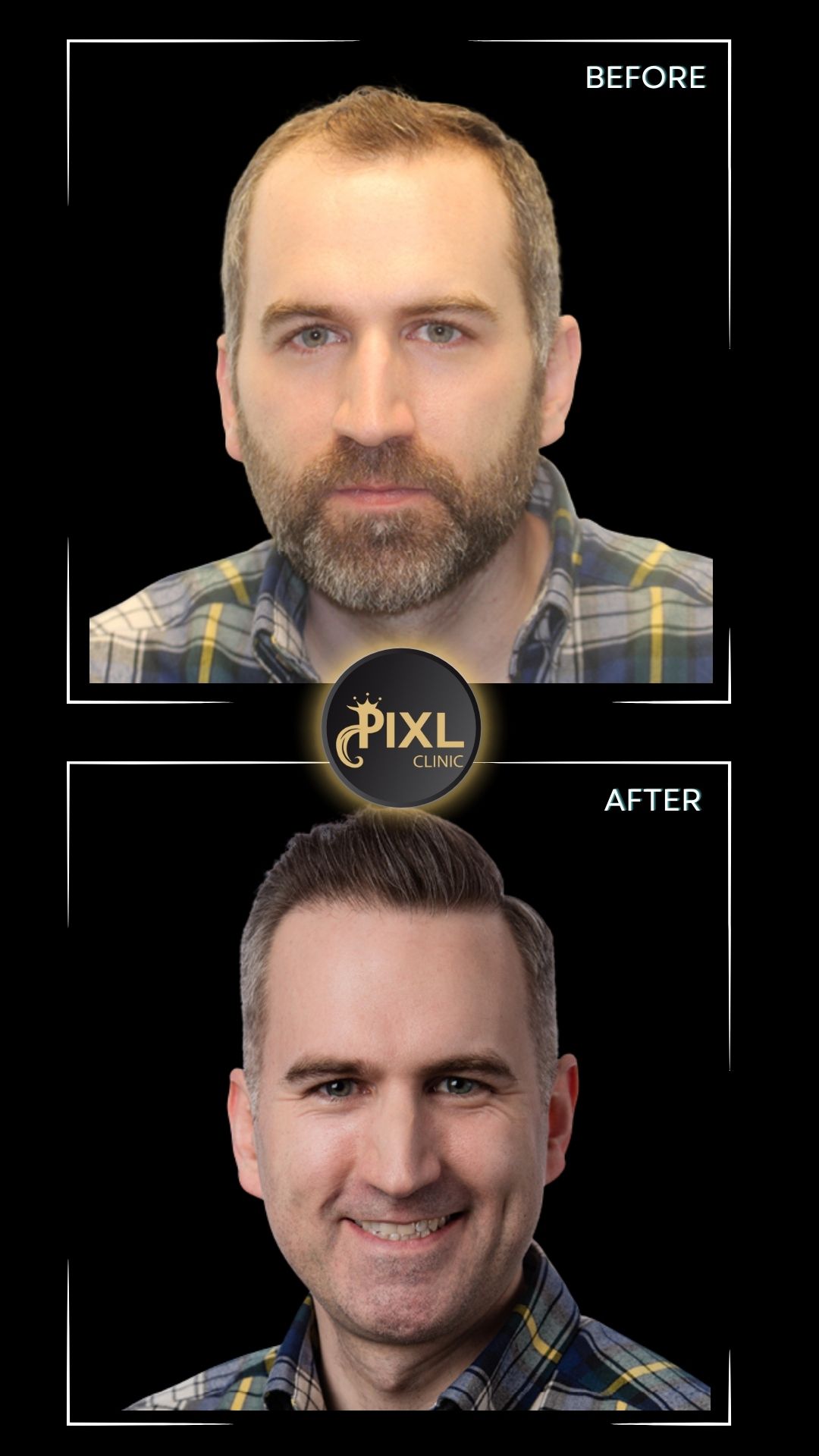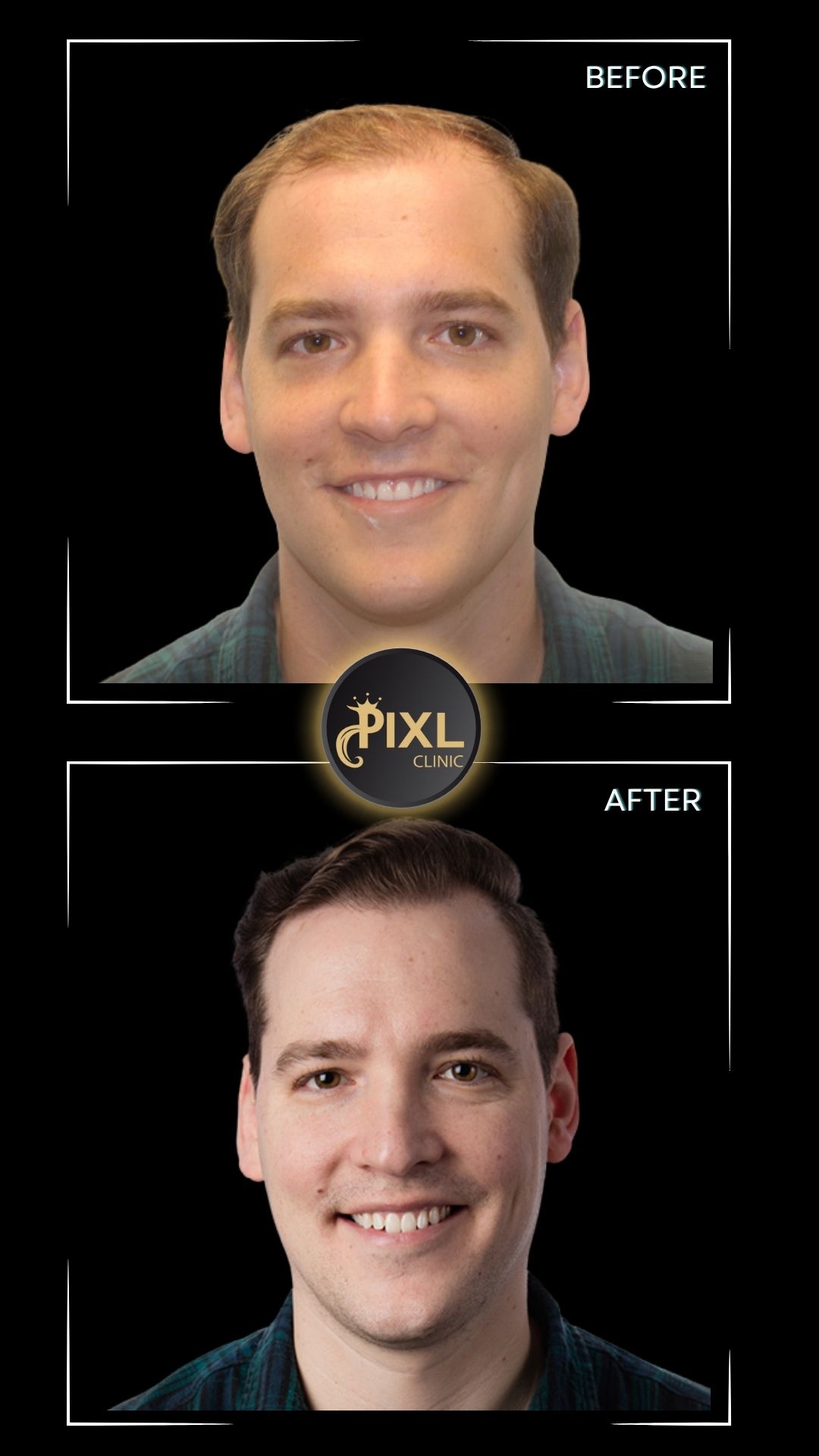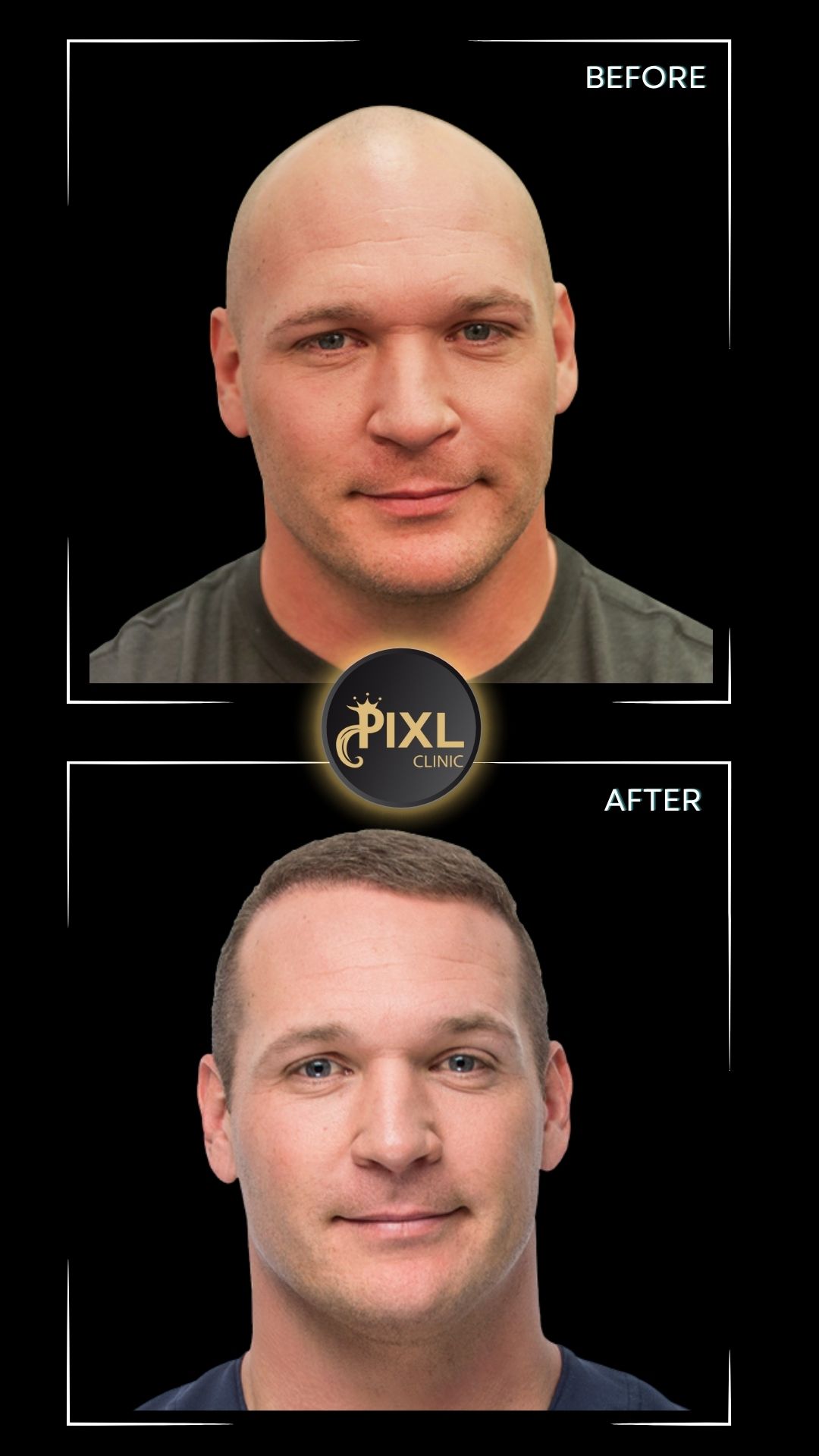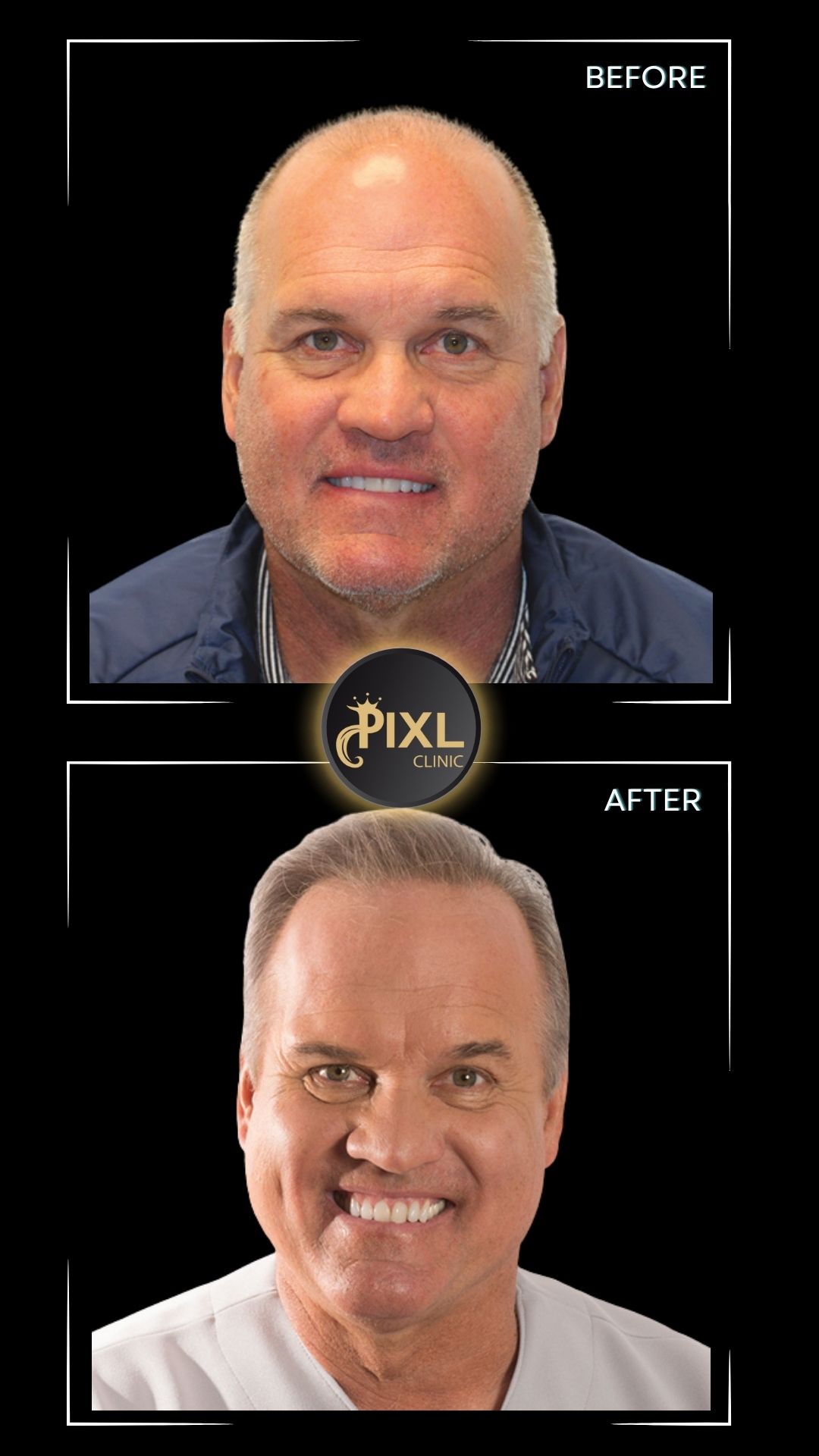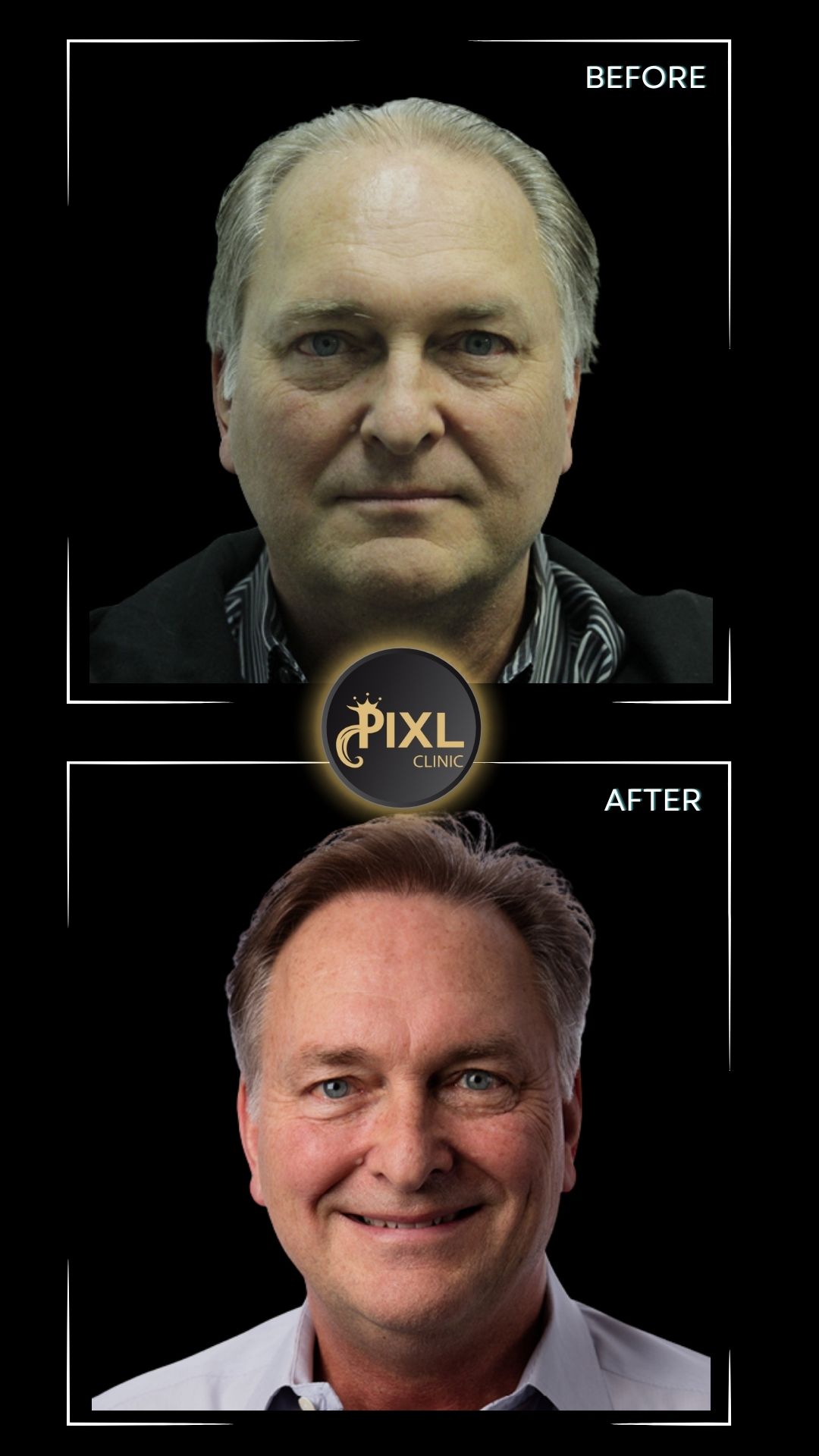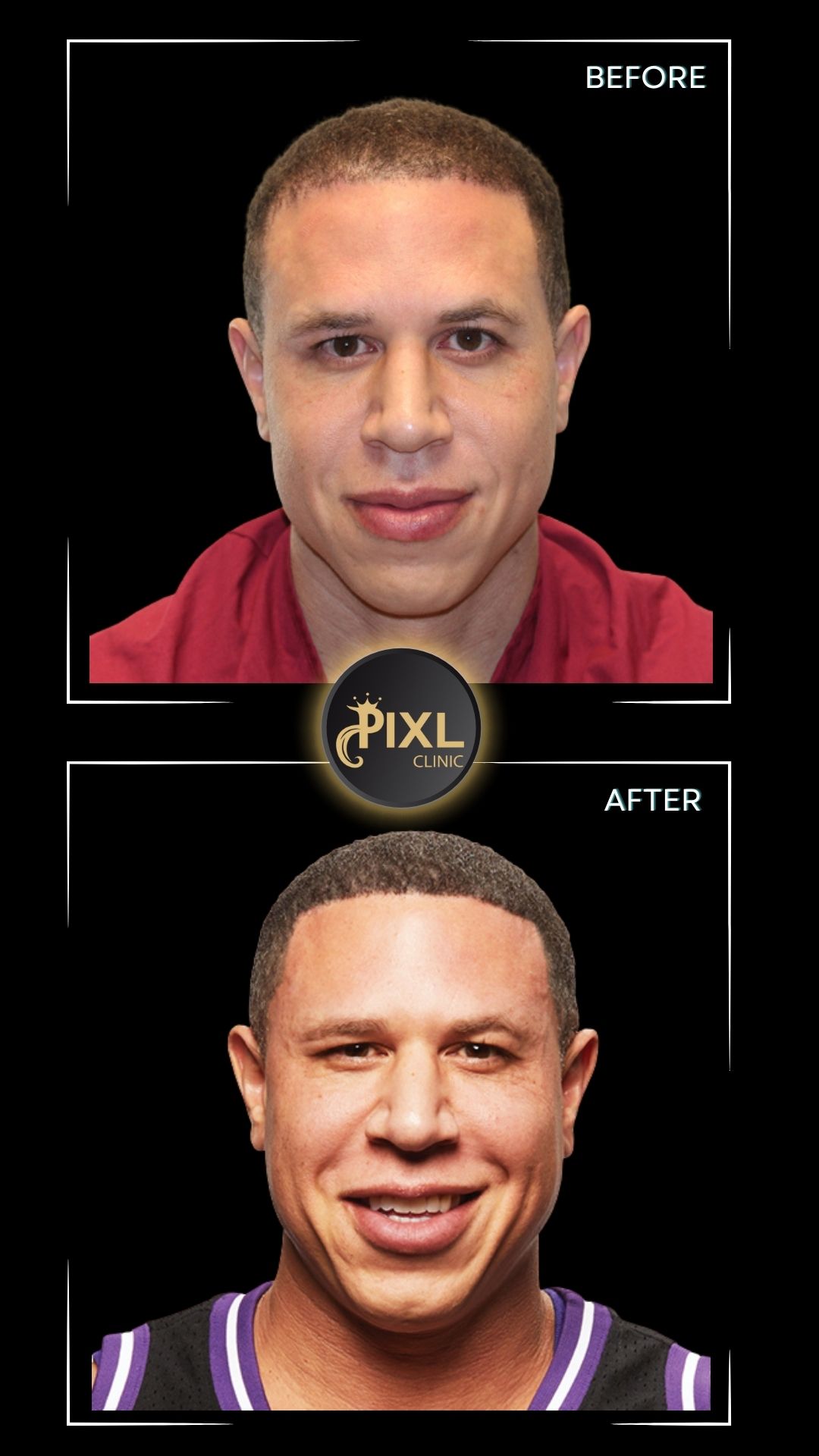Female Hair Transplant in Turkey
Female hair transplant in Turkey is a popular option for women seeking to address hair thinning or hair loss. Turkey is well-known for its advanced hair transplant techniques, experienced surgeons, and competitive pricing.
Female Hair Transplant in Turkey: A Comprehensive Guide
In recent years, Turkey has become a global hub for hair restoration treatments, attracting individuals from around the world seeking effective solutions for hair loss. Among these treatments, hair transplants have gained significant attention, and this trend is not limited to men. Women, too, are increasingly turning to hair transplants to combat hair thinning and loss.
A female hair transplant in Turkey offers a promising solution for women experiencing hair loss. With advanced technology, experienced practitioners, and cost-effective options, Turkey stands out as a leading destination for hair restoration. By choosing a reputable clinic and understanding the procedure, you can achieve natural-looking, long-lasting results and regain confidence in your appearance. If you’re considering a hair transplant, Turkey’s expertise and comprehensive care make it an excellent choice for your hair restoration journey.
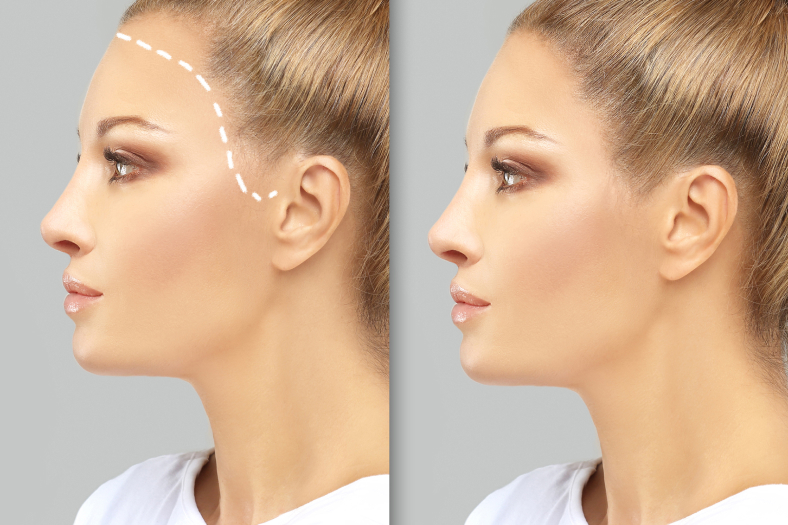
Unlocking Confidence: A Comprehensive Guide to Female Hair Transplant in Turkey
Hair loss is often associated with men, but women too face the challenge of thinning hair and bald patches. For many, this can affect self-esteem and overall quality of life. Fortunately, advancements in medical technology have made hair restoration more accessible and effective than ever before.
Understanding Female Hair Loss
Hair loss in women can be distressing, but it’s important to understand that it’s a common issue with several potential causes:
- Genetics: Female pattern baldness, similar to male pattern baldness, is hereditary and results in gradual thinning of hair.
- Hormonal Changes: Pregnancy, menopause, and conditions like polycystic ovary syndrome (PCOS) can cause significant hair thinning.
- Medical Conditions: Thyroid disorders, anemia, and autoimmune diseases can contribute to hair loss.
- Stress and Lifestyle: Chronic stress, poor diet, and other lifestyle factors can exacerbate hair loss.
What is a Female Hair Transplant?
A female hair transplant is a surgical procedure designed to restore hair to areas of thinning or balding. It involves moving hair follicles from a donor site, usually the back of the head, to the areas of the scalp experiencing hair loss. The most common techniques used are:
- Follicular Unit Extraction (FUE): Individual hair follicles are extracted and transplanted. This technique minimizes scarring and allows for a quicker recovery.
- Follicular Unit Transplantation (FUT): A strip of scalp is removed, and hair follicles are extracted from this strip before being implanted in the thinning areas. FUT may leave a linear scar but is suitable for patients needing a larger number of grafts.
Why Consider a Hair Transplant?
Effective and Long-Lasting Solution
Unlike topical treatments and medications that may provide only temporary results, hair transplants offer a permanent solution by relocating healthy hair follicles to the thinning areas. These transplanted follicles continue to grow naturally.
Natural-Looking Results
With advanced techniques and experienced practitioners, hair transplants can achieve natural-looking results. The transplanted hair blends seamlessly with existing hair, enhancing your overall appearance.
Boost in Self-Esteem
Hair loss can significantly impact self-confidence. Restoring a full head of hair can greatly improve self-esteem and lead to a more positive outlook on life.
The Hair Transplant Procedure
Initial Consultation
Your journey begins with a consultation where your hair loss pattern is assessed, and a customized treatment plan is developed. This is also an opportunity to discuss your expectations and understand the procedure.
Preparation
- Pre-Procedure Instructions: You may need to avoid certain medications or supplements and follow specific pre-operative guidelines.
- Planning: The procedure is tailored to your individual needs, including the number of grafts required and the donor area.
The Procedure
- Anesthesia: Local anesthesia is administered to ensure comfort during the procedure.
- Harvesting Follicles: Depending on the technique, follicles are either extracted individually (FUE) or from a strip of scalp (FUT).
- Implantation: The extracted follicles are meticulously implanted into the thinning areas of the scalp, following a natural hair growth pattern.
Recovery
- Post-Procedure Care: You may experience some swelling and redness, which typically resolves within a few days. Your clinic will provide aftercare instructions, including how to care for your scalp and avoid activities that may disrupt healing.
- Follow-Up: Regular follow-up appointments will help monitor your progress and address any concerns.
What to Expect After the Procedure
Immediate Aftercare
Post-surgery, you may need to:
- Avoid Strenuous Activities: Refrain from heavy exercise and strenuous activities for a few weeks.
- Follow Hygiene Instructions: Use prescribed shampoos and avoid scratching or picking at the transplanted areas.
Results Timeline
Initial hair growth may take a few months to become noticeable. Full results are typically seen within 6 to 12 months, as the transplanted hair goes through a natural growth cycle.
Long-Term Maintenance
To maintain the results, you may need to:
- Follow a Healthy Hair Care Routine: Use gentle hair care products and avoid harsh treatments.
- Consider Ongoing Treatments: Some patients opt for supplementary treatments like PRP (Platelet-Rich Plasma) therapy to enhance results.
Navigating the Cost of Female Hair Transplants in Turkey: What You Need to Know
Hair loss can be a significant concern for many women, and the search for effective, long-lasting solutions often leads them to consider hair transplants. Turkey has emerged as a top destination for these procedures, known for its high-quality care at affordable prices. If you’re exploring the possibility of a hair transplant in Turkey, understanding the cost and what influences it can help you make an informed decision.
Average Cost of Female Hair Transplants in Turkey
The cost of female hair transplants in Turkey generally ranges from $1,500 to $4,000 USD. Here’s a breakdown of what you might expect:
Basic Package (Around $1,500 to $2,500 USD)
- Includes the hair transplant procedure (usually FUE).
- Basic post-operative care.
- May not include accommodation or additional services.
Mid-Range Package (Around $2,000 to $3,000 USD)
- Includes FUE or Sapphire FUE.
- Comprehensive post-operative care.
- May include accommodation and airport transfers.
Premium Package (Around $3,500 to $4,000 USD)
- High-end clinics with advanced technology and experienced surgeons.
- Sapphire FUE or other advanced techniques.
- All-inclusive services including luxury accommodation, personal transfers, and extensive aftercare.
Frequently Asked Questions
What is a female hair transplant?
A female hair transplant is a procedure where hair follicles are taken from a donor area (typically the back of the head) and transplanted to thinning or balding areas. It is often used to treat hair thinning, bald patches, or receding hairlines in women.
Why is Turkey a popular destination for hair transplants?
Turkey is known for offering high-quality hair transplant procedures at affordable prices compared to many other countries. Turkish clinics use advanced techniques such as FUE (Follicular Unit Extraction) and DHI (Direct Hair Implantation), and many surgeons have extensive experience in hair restoration.
Which methods are used for female hair transplants in Turkey?
The two most common methods are:
- FUE (Follicular Unit Extraction): Hair follicles are individually extracted and transplanted.
- DHI (Direct Hair Implantation): A more precise method where hair follicles are directly implanted into the recipient area using a special tool.
Am I a candidate for a female hair transplant?
You may be a candidate if:
- You have sufficient donor hair in other areas of your scalp.
- You are experiencing hair thinning, pattern baldness, or receding hairlines.
- Your hair loss is due to genetics, hormonal imbalances, or traction alopecia.
A consultation with a hair transplant specialist is essential to determine your eligibility.
How much does a female hair transplant cost in Turkey?
Prices vary depending on the clinic, the extent of the procedure, and the method used. On average, costs range between $1,500 to $4,000. This is generally more affordable than in many Western countries where prices can be significantly higher.
What is the recovery process like?
Recovery times may vary, but most patients can return to normal activities within a week. After the procedure:
- You may experience some swelling and discomfort in the first few days.
- Transplanted hair typically falls out after 2–3 weeks, but new hair will begin to grow in its place within a few months.
- Full results may take 9–12 months to become visible.
How long does the procedure take?
A female hair transplant can take between 6 to 8 hours depending on the extent of the area being treated and the number of grafts needed.
Are the results permanent?
Yes, the transplanted hair is generally permanent. The hair follicles are taken from areas of the scalp that are resistant to balding, and once transplanted, they should continue to grow in the new area.
Will I experience any side effects?
Common side effects include swelling, redness, and temporary scabbing at the transplant site. Rarely, some patients experience infections or scarring. These risks can be minimized by choosing a reputable clinic.
Can women with diffuse thinning get a hair transplant?
Yes, women with diffuse thinning (thinning all over the scalp) can often benefit from hair transplants, but it depends on the condition of the donor hair and the overall health of the scalp.
Does the transplanted hair look natural?
Yes, when done by an experienced surgeon, the transplanted hair looks natural and blends well with the existing hair. Modern techniques ensure that the hair is implanted in the correct direction and density for a natural appearance.
Is there a consultation before the procedure?
Yes, clinics typically offer a consultation either in person or online, where the surgeon assesses your scalp, hair loss pattern, and overall health to determine the best course of action.
Can I combine a hair transplant with other treatments?
Yes, many clinics offer additional treatments such as PRP (Platelet-Rich Plasma) therapy, which can help improve the health of the scalp and support hair growth post-transplant.
If you have more specific questions, I can assist further!

